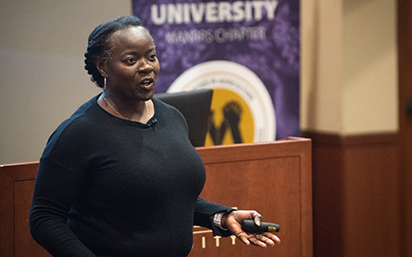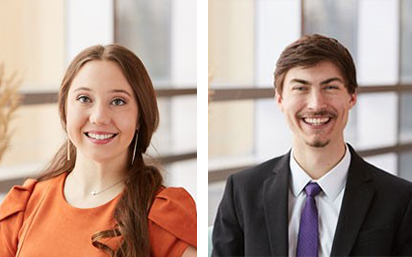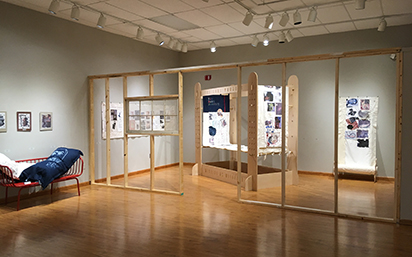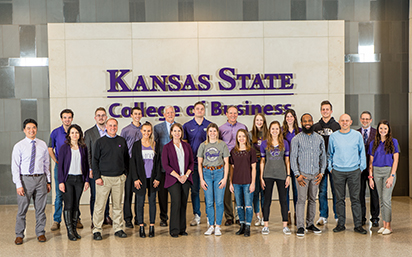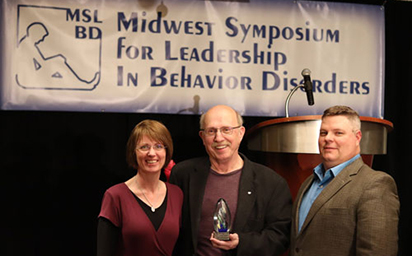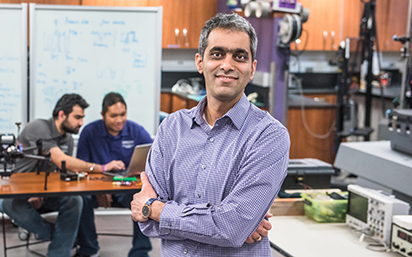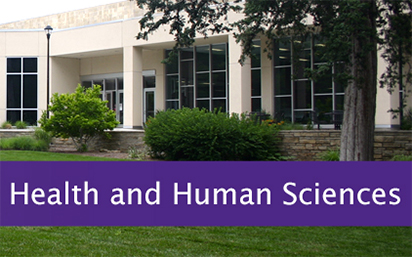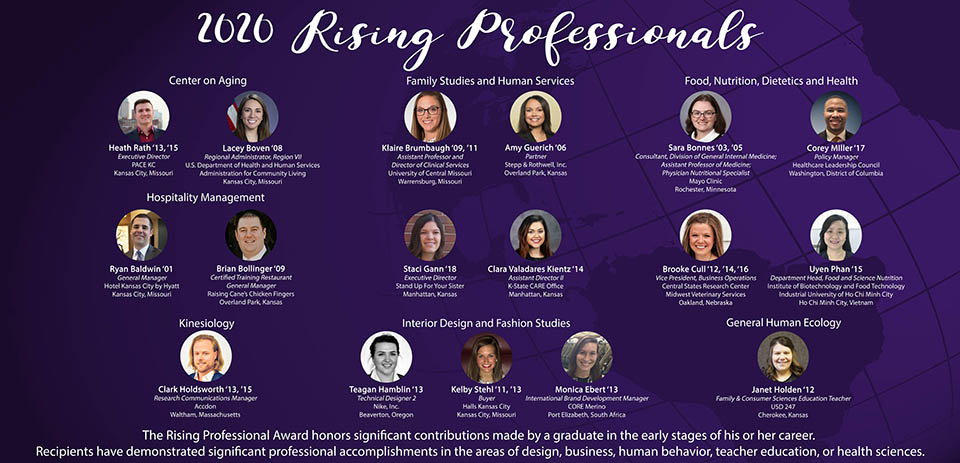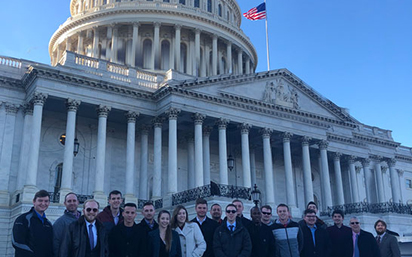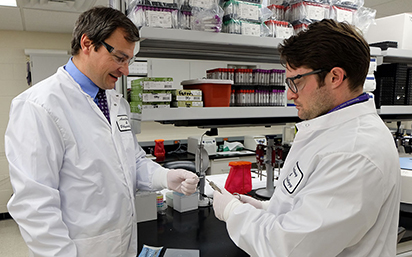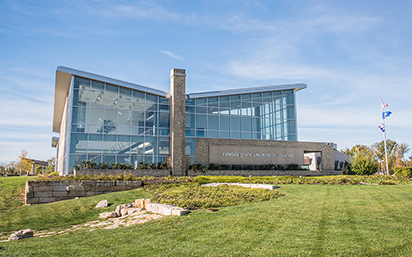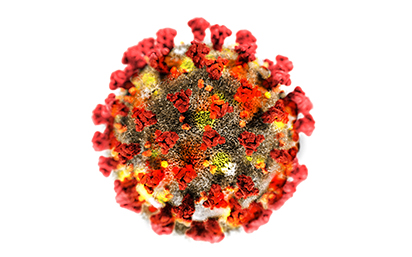
K-State’s response to the coronavirus (COVID-19)
As K-Staters, we face challenging times together.
On March 16, Kansas State University announced that in response to the spread of the
coronavirus (COVID-19), the university would maintain a limited operations status through the end of the semester, based on guidance
from the Centers for Disease Control and Prevention and Kansas Gov. Laura Kelly.
All classes will be taught remotely through the end of the semester, and in-person
commencement ceremonies have been cancelled. K-State Alumni Association staff is also
working remotely during this national emergency.
As the situation evolves, you can find the most up-to-date information on K-State’s
COVID-19 response at k-state.edu/covid-19 and the latest K-State news day-by-day at k-state.edu/today. The K-State Alumni Association also has a detailed information page on our own response to COVID-19.
“I know each of us will act responsibly to help us protect the entire K-State family
and the local communities that are home to our campuses," K-State president Richard
Myers ’65 wrote in a letter to the K-State community. “We can meet this challenge
with the strength and resiliency our university has demonstrated for over 150 years."
Many K-Staters have asked how they can help with K-State’s COVID-19 response: You
can help by giving to the #KStateStrong Emergency Response Fund to address emerging
needs of K-State students, faculty and staff at ksufoundation.org/kstatestrong.
Take care and stay safe,
The K-State Alumni Association staff

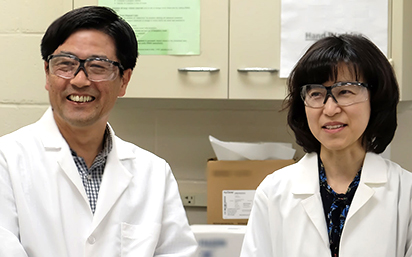
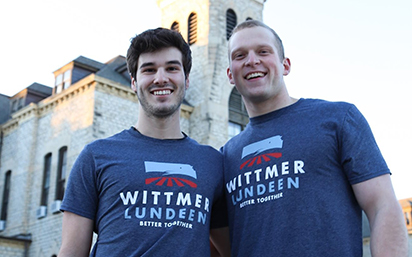

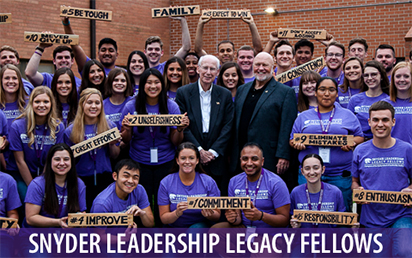 Even though he has now retired as K-State’s football coach, his influence on the next
generation of Wildcats continues through K-State’s
Even though he has now retired as K-State’s football coach, his influence on the next
generation of Wildcats continues through K-State’s 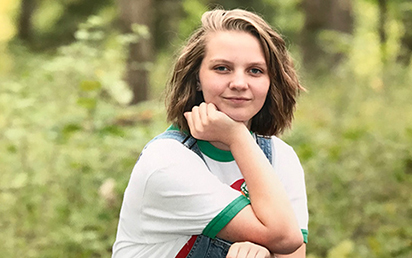
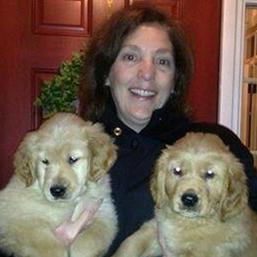 The fund was established by Carl Jackson to honor his late wife, Lizbeth Slinkman
’78, ’82.
The fund was established by Carl Jackson to honor his late wife, Lizbeth Slinkman
’78, ’82. 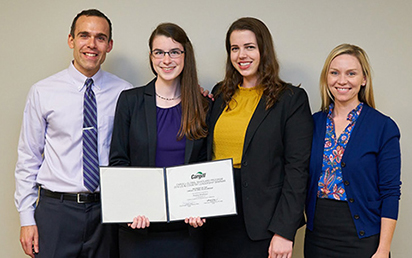 K-State students are known for going above and beyond. For Kayley Brethour, a junior
in entrepreneurship, going above and beyond her curriculum means a focus on sustainability,
while looking for new ways to improve her leadership skills. But Brethour is not your
average college student.
K-State students are known for going above and beyond. For Kayley Brethour, a junior
in entrepreneurship, going above and beyond her curriculum means a focus on sustainability,
while looking for new ways to improve her leadership skills. But Brethour is not your
average college student.